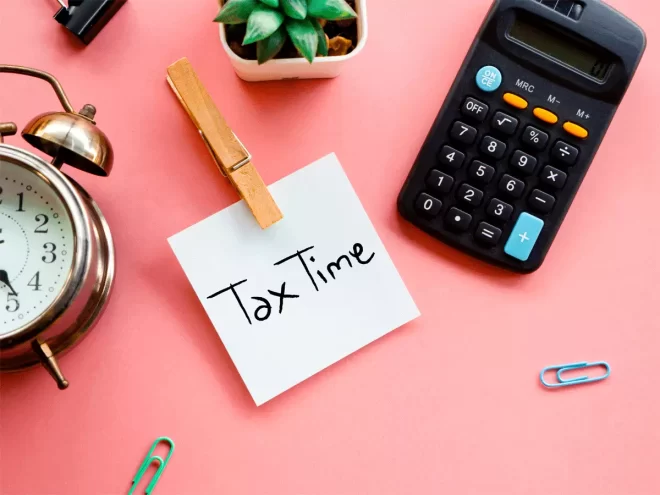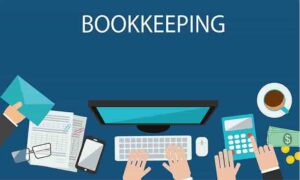![]()
Tax Compliance Guide

Tax Compliance Guide for Contractual Service Provider (CSP) must navigate tax obligations and ensure compliance with tax regulations to maintain a smooth business operation.
Here’s a comprehensive guide on how a CSP can handle taxes and ensure compliance:
1. Understand Tax Obligations:
Begin by understanding the tax obligations that apply to your specific industry and location. Different services and regions have varying tax requirements.
2. Register for Taxes:
Determine the appropriate tax registrations needed, such as obtaining a tax identification number (TIN) or employer identification number (EIN). This step is essential for legal recognition and tax reporting.
3. Maintain Accurate Records:
Maintain detailed and organized financial records, including income, expenses, invoices, contracts, and receipts. Proper documentation is crucial for accurate tax reporting and potential audits.
4. Classification of Income:
Properly classify your income based on the services provided and the applicable tax rules. For example, distinguish between different types of services, project-based income, and retainer fees.
5. Withholding Taxes:
Depending on your jurisdiction, you might be required to withhold taxes from payments made to subcontractors or freelancers. Be aware of these regulations and ensure proper withholding and reporting.
6. Estimated Tax Payments:
Many CSPs are self-employed and responsible for paying estimated taxes throughout the year. Calculate these payments based on your projected annual income to avoid penalties for underpayment.
7. Invoice and Documentation:
Include accurate tax information on your invoices, such as TIN or GST number, to facilitate transparency for your clients and tax authorities.
8. Sales Tax and VAT:
Determine if you are liable to collect and remit sales tax or value-added tax (VAT) on the services provided. Understand the thresholds and regulations for collecting and reporting these taxes.
9. Expense Deductions:
Familiarize yourself with allowable business expenses that can be deducted from your taxable income. These may include costs related to business operations, marketing, travel, and home office expenses if applicable.
10. Quarterly and Annual Reporting:
Depending on your jurisdiction, you may need to file quarterly or annual tax returns. Ensure timely and accurate submissions to avoid penalties.
11. Stay Updated on Tax Laws:
Tax regulations can change, so regularly stay informed about updates and amendments to tax laws that could impact your business. Consider consulting with a tax professional to ensure compliance.
12. Utilize Accounting Software:
Consider using accounting software to track income and expenses. Such tools can help you generate financial reports, calculate taxes owed, and simplify the tax preparation process.
13. Engage a Tax Professional:
Given the complexity of tax regulations, consider seeking guidance from a certified tax professional or accountant. They can provide personalized advice and ensure you are following all relevant tax laws.
14. Plan for Future Tax Compliance Guide:
Set aside a portion of your income for tax compliance guide. Create a separate savings account or fund to avoid financial strain when tax payments are due.
By following these steps, a Contractual Service Provider can handle taxes effectively and maintain compliance with tax regulations, contributing to the sustainability and success of their business.
FAQs:
To visit: https://www.mca.gov.in/

For further details access our website: https://vibrantfinserv.com